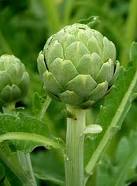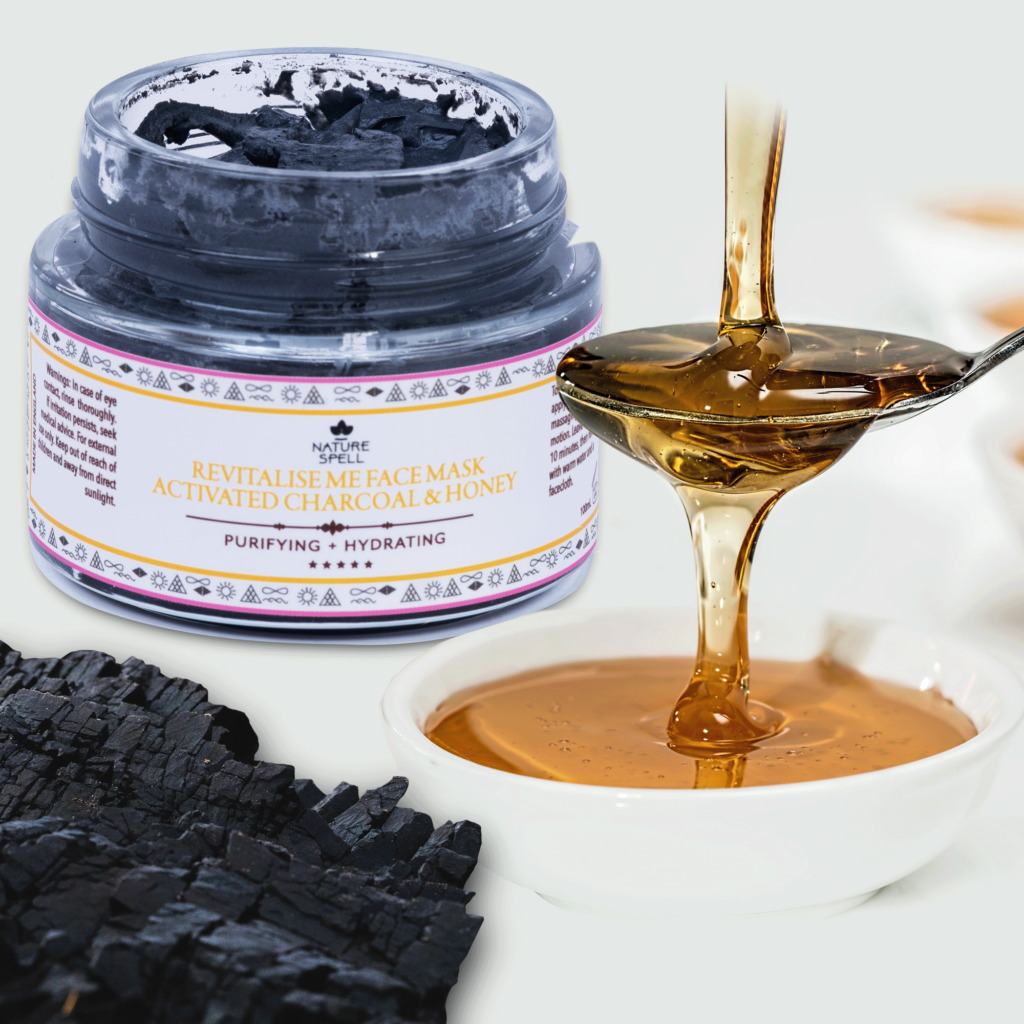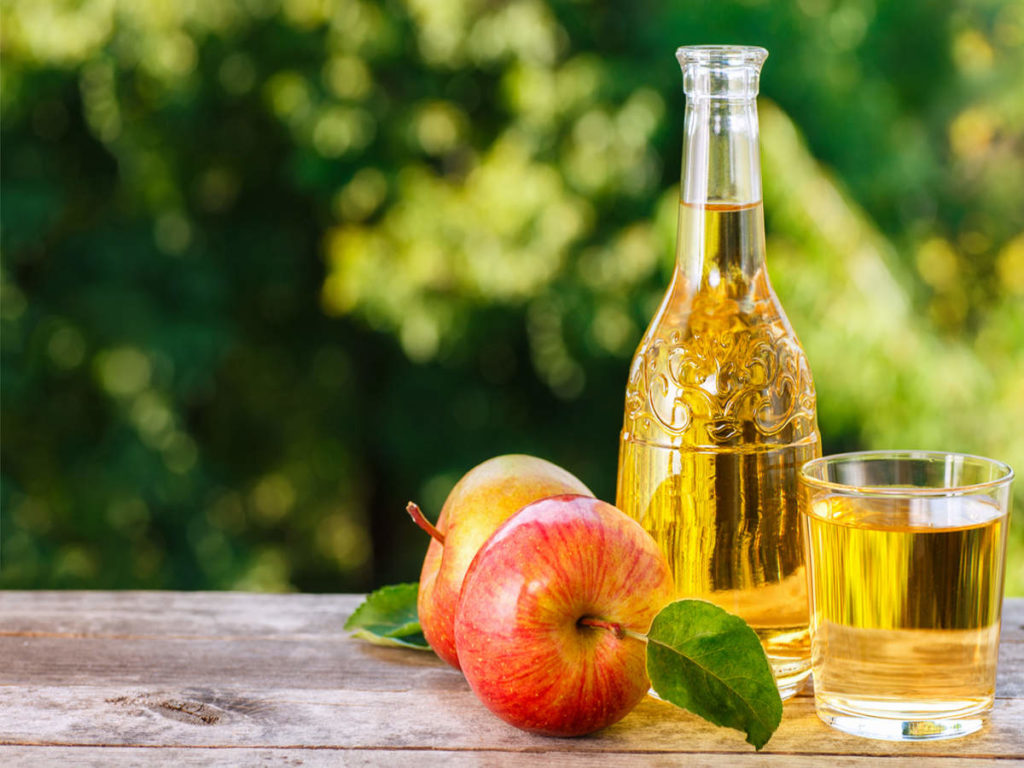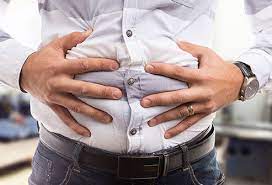Excess gas in the GI tract occurs when gas is trapped in the colon, stomach or in the small intestines. The natural ways of reducing bloating is through flatus, burping to relieve abdominal bloating.
But all may seem in vain in your case and you ask yourself, can I stop bloated stomach? You may find that it is easier to get rid of that bloated belly by trying these simple techniques!
You have just finished a meal but now you feel bloated, have abdominal pain or you wonder about a simple way of decreasing it so that it will ease. Here are home remedies that will help you overcome gas in a bloated belly.
Gas trouble natural remedies
Probiotics
Probiotics are good gut bacteria that are healthy to your digestive tract; the focus should be to boost the level of beneficial digestive enzymes. The study suggests a balance of good bacteria may help alleviate bloated stomach in humans and animals in the absence of a disease-modifying agent or other medical conditions.(1,2)
Probiotic pills can be taken daily with or without food, or taken in a daily dose to control the digestive system. But everything needs caution and considerations.
A 2018 medically reviewed study at Augusta University in Atlanta discovered that some probiotics can cause bloating and actually worsen the stomach condition.
Go on low-FODMAP diet to curb bloating
If the symptoms are chronic you should change diet and exercise habits. Monash University researchers have developed the eating strategy FODMAP for eliminating certain carbohydrates such as fermentable oligosaccharides, disaccharides, monosaccharides, and oleol.(3,4)
It might seem complex, but they are found in all foods that are made from lactoses, sugars, glucose, galactone and sugar alcohol.
Low fodmap diet can combat bloating, and digestive issues that cause a lot of discomfort. Rely much on sugar free foods while you reduce sugar alcohols and big meal diets. One Kings College London study found that low-fat diets helped to drop weight by 82 percent.
Try psyllium
When bloating is suspected as a result of constipation, psyllium can relieve the discomfort of stomach pain easily. Psyllium is a naturally occurring laxative found in some prescription medications to treat constipation.(5)
This is especially useful because phospholipids form thick gels in contact with water which help regulate digestion as well as reduce stomach bloating.
Psyllium is available in most grocery stores or health food stores. Just take this product with water and keep an eye out for other strange habits that cause bloated stomach.(6)
Drink peppermint tea to reduce bloating
Peppermint tea possesses digestive properties and has antispasmodic effects. Peppermint is known in medicine to stimulate gastric juice and bile causing the expulsion of excess gas, making it a great way to combat bloating easily. (7,8)
The researchers say the combination of 90 mg Peppermint Oil and 50 mg Caraway Oil three times daily is effective in treating symptoms of irritable bowel syndrome. You may also use peppermint oil abdominal massage to reduce the bloated feeling.(9)
Reduce salt intake
These fries might be tempting, but sodium resorption will cause bloating. This is due to sodium’s ability to flush excess water from the kidney. (10)
In most countries, the human body requires between 1500 – 1500 mg daily Typical North American diets require approximately 7000 mg daily.
Keep an eye on the food that has high salt content if you would avoid digestive problems.
Passing gas to reduce bloating
Its a natural way of releasing gas causing abdominal bloating. When you feel the urge to pass gas, kindly allow nature to take its cause.
Try artichoke leaf extract

Medically reviewed researchers poise that the use of this herb will help people with digestive disorders. It has no side effects and will improve the quality of health with continued use.
Eat more potassium to reduce fluid retention
Eating a lot of potassium is an effective digestive system treatment. Bananas, leafy greens, legumes and avocados contain excellent potassium. Potassium will reduce the amount of sodium in your system and relieve water retention which will reduce bloating.
Medications for gas
If your home remedy has failed, maybe it is time for you to start taking medicine instead. The best medicine depends largely upon the conditions. For example, you should start off with GERD medication like Rolaids or Tums, medications for decreasing acid production such as Tagamex or Pepincid. Then it’s ok.
You could try lowering the dosage to stronger, more powerful drugs that treat the pain. If you’re constipated, then try a laxative that will aid gastric emptying. There are also home remedies for GERD and constipation that you may use effectively over the prescribed drugs.
Engage in mindful eating habits
The way we eat, what we eat, and when we eat all impact our gut health. A mindful eating approach includes eating smaller meals, eating slowly, and not rushing through meals. Gulping down your meal and chatting while eating may introduce more gas into your system as you swallow.
Eating food without thoroughly chewing it may stifle digestion and strain the digestive system. Drinking beverages immediately before or after meals dilutes your stomach acid, reducing your total digestive capacity.
Avoid chewing gum, foods with low dietary fiber, too much salt and carbonated beverages. These gas producing foods results in poor digestion causing digestive issues and intestinal gas
Taking a walk can reduce bloating
Physical activity improves the regularity of bowel movements. With the frequency in the bowels, there is a natural release of gas and stool, which reduces bloating. The exercise should not be strenuous. A short walk across the street for 15-30 minutes will help you relieve bowel pressure and gas pain.(11,12,13)
Gradually increase fiber intake
Eating more fiber can help you avoid constipation and bloating. Only 5% of Americans get the recommended daily fiber intake of 25 grams (g) for women and 38 grams (g) for men.(14)
It’s important to remember that consuming too much fiber or increasing fiber consumption too quickly may result in more gas and bloating. People who consume more than 70 grams of fiber per day may experience adverse side effects.
It is preferable to begin slowly and gradually increasing your fiber consumption over several weeks to allow your body to adjust to the change in your diet.
Substitute water for sodas
Gas can build up in your stomach when you drink bubbly, carbonated drinks. Carbon dioxide, the gas responsible for the fizz in soda and other effervescent beverages, can cause stomach bloating and bubbling.(15,16)
Dietary sugars or artificial sweeteners can also contribute to gas and bloating. These problems are alleviated by drinking water, which also aids in constipation treatment.
Increase your daily physical activity
Exercise helps your body move stool and gas out of your colon, allowing you to have more regular bowel movements. Exercising also helps to reduce water retention by allowing the body to expel excess salt through sweat.
Drink plenty of water before and after exercising to stay hydrated, as dehydration can aggravate constipation.
Eat at regular intervals
Many people experience bloating after a large meal. This can be avoided by eating several small meals throughout the day to keep the digestive system running smoothly.
If food is swallowed quickly, air can enter the digestive tract. Using a straw to drink may cause people to swallow extra air, resulting in gas and bloating. People who suffer from bloating should avoid using straws and eat slowly to prevent consuming air during meals.
Keep a food diary
Food intolerances cause many cases of bloating. They may result in bloating and gas in the intestines. Bloating is common in lactose-intolerant individuals who cannot digest the lactose sugar found in dairy products. Celiac disease, autoimmune gluten intolerance, is another possibility.
People who experience bloating after meals should keep track of their food and drink intake for several weeks to see if certain foods are to blame.
The American Academy of Family Physicians recommends keeping a food diary and provides a template to get people started.
Examine your supplements and medications
For example, iron supplementation may cause constipation and other gastrointestinal symptoms. This may cause you to feel bloated. On the other hand, potassium may help relieve bloating by balancing the sodium levels in the body. (17)
It’s also possible that medication side effects will impair GI function or cause indigestion. A doctor or pharmacist may recommend alternative gentler medications to the stomach if this occurs.
Use herbs and compounds derived from plants
Certain herbs and spices have been shown to relieve bloating, including
- Caraway
- Turmeric (curcumin)
- Berberine
- Fresh ginger (gingerols)
- Dill
- Black cumin
- Parsley
- Thyme
- Spearmint
Try adding herbs to your meals or steeping them in hot water to make tea. They are not only beneficial to the digestive system, but they are also tasty!
Treatments for Bloated Stomachs
Although stomach bloating may be resolved on its own the following steps are helpful to treat or control stomach discomfort: Exercise and Posture Physical exercise reduces the symptoms and bloating and removes toxins.
Posture changes may be helpful. If you lie on your back it keeps you in more oxygen so keep moving all day long. Medications across borders: both simethicones and active charcoal are marketed for gas reduction. Both have remained ineffective in trials.
When should I see a doctor?
If you use these natural remedies and still you cant prevent bloating then it can be treated as an emergency and you should see a healthcare professional.
If you suffer from disease conditions like inflammatory bowel disease or food intolerance then seek medical advice.
Morning gas remedies
When you wake up feeling bloated, it might be because of your previous food or other hidden medical condition. When you wake up with bloated stomach you may use the follow natural remedies to relieve bloating.
Activated charcoal drink

According to medically reviewed studies, activated charcoal will trap all the gases in your stomach and bring gas relief. Its rich in carbon which absorbs these gases. Do not use activated charcoal powder without mixing it with warm water.
Lemon tea or water
In whatever form you may like it, lemon tea acts as bloating remedy that is helpful in the morning. Lemon will further help in cutting belly fat and improves body alkalinity.
Morning exercises
Go for morning run or jog around the compound this will help relax the muscles and aid our gi tract. Exercise is a readily available remedy at home to help expel gas.
Flatulence treatment home remedies
Use apple cider vinegar

Though there is lack of scientific backing, ACV is one of the home remedies for bloating that have flavonoids that help with digestive aid
Ginger tea
Taking ginger water or chewing a thumb size is shown to have ability to relieve bloating after meals.
Avoid dairy products
If you cant remove these foods entirely from your diet then think of reducing their intake. A lot of these foods results in fermentation and cause bloating.
Wrap up
Everyone at some point experienced bloating. Feeling bloated occasionally should not cause an alarm.
But, if its recurrent then it might be underlying medical condition that should make you seek medical attention.
Although there are various home remedies for bloating that you can use at home.


Pingback: 15 Ways to Boost Your Immune System | GILEAD THERAPY
Pingback: 9 symptoms of constipation in adults | GILEAD THERAPY
Pingback: 25 Causes of constipation that hinder loose bowels | GILEAD THERAPY
Pingback: 17 Acidity home remedies to try today | GILEAD THERAPY
Pingback: 13 Home remedies for indigestion-a review | GILEAD THERAPY
Pingback: 17 alkaline foods that reduce acidity in the body | GILEAD THERAPY
Pingback: 17 Painful Period Cramps Home Remedies | GILEAD THERAPY